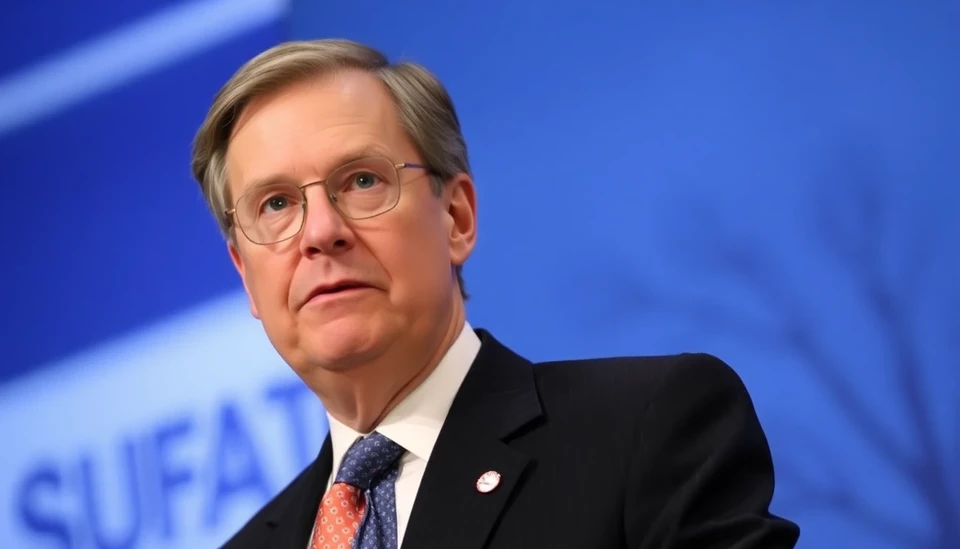
In a recent statement, Richmond Fed President Thomas Barkin indicated that it remains appropriate for the Federal Reserve to adopt a "modestly restrictive" stance on monetary policy as the central bank continues to fight inflation. Barkin's comments come at a time when many economists and policymakers are closely monitoring the economic landscape, particularly as inflationary pressures persist and interest rate adjustments have become a focal point for the central bank.
Barkin outlined his perspective during a public appearance, reiterating the necessity of a careful approach to interest rates and monetary controls. He emphasized that the current economic conditions warrant a gradual but steady response from the Federal Reserve to ensure inflation rates are brought down while also supporting economic growth. According to Barkin, maintaining this balance is crucial as the Fed navigates the complexities of a post-pandemic economy.
With inflation still well above the Fed's target rate, Barkin pointed out that there is limited room for complacency. He stressed that ongoing vigilance is essential, noting that inflation does not just have short-term implications but could also lead to longer-term economic distortions if left unchecked. "We have to ensure that inflation expectations remain anchored,” he remarked, highlighting the Fed's commitment to price stability.
As the central bank continues to assess the effectiveness of its monetary policy, Barkin’s comments reflect a broader theme among Federal Reserve officials, who are advocating for a cautious approach in the face of uncertain economic indicators. Market participants are particularly attuned to the Fed's moves, with rate hikes being a critical component of discussions surrounding monetary policy strategies moving forward.
The Richmond Fed President pointed out that any future rate increases would need to be carefully calibrated to avoid unintended consequences that could impact consumer spending and economic activity. He reiterated the importance of data-driven decisions, indicating that the path forward would rely heavily on emerging economic data, including employment statistics and consumer price indices.
Furthermore, Barkin noted that the Fed's commitment to transparency in its decision-making process plays a vital role in maintaining market confidence. By clearly communicating its intentions and reasoning behind policy adjustments, the Fed can help mitigate volatility and support steady economic growth. He concluded by stating that the Fed’s ultimate goal is not only to control inflation but also to foster an environment conducive to sustainable employment and economic stability.
In summary, President Barkin's insights illustrate the Federal Reserve's ongoing commitment to addressing inflation through measured and deliberate policy actions. As the economic landscape continues to evolve, the central bank's strategies will remain under close scrutiny, with all eyes on upcoming data releases and the potential implications for future interest rate adjustments.
<#>Barkin #FederalReserve #InterestRates #MonetaryPolicy #Inflation #Economy #EconomicGrowth #RichmondFed #Transparency #DataDrivenDecisions #MarketConfidence
Author: Rachel Greene




